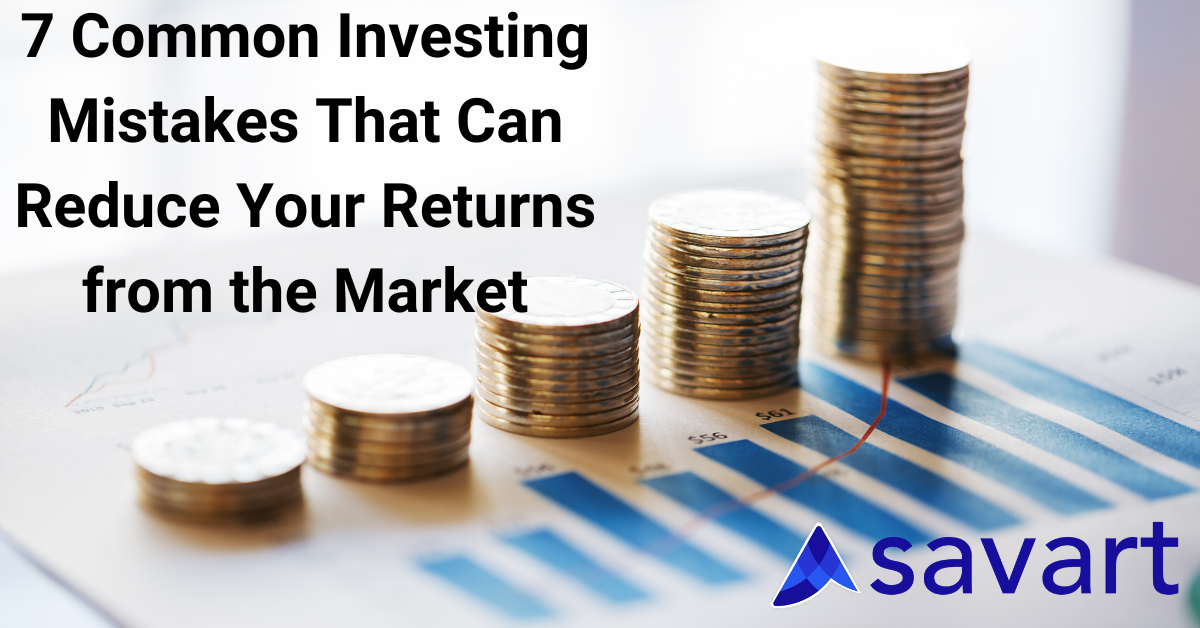Why You Must Always Choose Direct Plans When Investing In Mutual Funds

Trust is an important thing that investors seek with their advisors, brokers, or wealth managers. When investors trust in a stock or mutual fund when they can trust that the asset, they are about to purchase will give them a good return over time, they will be satisfied with what they have purchased, rather than worrying about how their investment will perform.
When it comes to mutual funds, investors are looking for trusted advice on what kinds of funds they must invest in, particularly, whether they must go for direct funds or regular funds.
Direct funds need to be purchased directly from a fund house, while regular funds are purchased from an intermediary such as a broker.
While it may seem at first glance that regular funds are the best option for beginner investors, there are a few points for investors to consider.
- Regular funds have a higher expense ratio compared to direct funds because some of the money you use to purchase a regular fund goes into paying off the intermediary’s fees and charges, besides the taxes associated with it.
- Because Regular funds have a high expense ratio, they also have a lower net asset value (NAV), meaning the value of the asset is lower.
- These factors make a regular fund offer lower returns when compared to a direct fund.
- Though the difference may seem small, it can really have an enormous impact in income over the long term. For example, regular funds in general have an expense ratio of 1% more and that results in difference of INR 10 lakhs over 25 years period for SIP of Rs 10,000, based on average CAGR (Compounded Annual Growth Rate) of 18%.
This is just one side to this story. When you buy a regular fund, you must trust the asset management company selling the fund, and the broker recommending the fund to you. The reputation of the fund manager is the only thing an investor of a direct fund must bother about.
However, the biggest factor that must sway investor opinion towards direct mutual funds is the returns. Economic Times reported that direct funds have an edge of over 13% over regular funds in terms of returns over a seven-year period. Since you are paying more for a regular fund, your returns will always be minus any expense you have incurred while purchasing the fund.
To illustrate this point better, let us take two of the best performing mutual fund from the same fund manager (let’s call them Fund House X to not take names) having the same constituents. However, one of these funds is a direct plan and the other one is a regular plan.
The direct plan fund is called the Fund House X Active Fund – Direct Plan – Growth, while the regular fund is simply called the Fund House X Active Fund – Growth. Let us look at the performance of these two funds.
| Metric | Fund House X Active Fund – Direct Plan – Growth | Fund House X Active Fund – Growth |
| Intermediary | No | Yes |
| Annualized Returns Since Inception | 21.83% | 19.7% |
| NAV | 445.63 (Feb 10, 2022) | 426.08 (Feb 10, 2022) |
| INR 10,000/month invested over 25 years will gain | INR 10.5 Cr | 7.08 Cr |
| Expense Ratio | 0.5% | 1.75% |
| Where to Buy | Directly from AMC | Intermediaries |
As you can see from this example, while the fund is the same, the expense ratios and NAV vary, as do the returns.
However, some investors may still be worried about investing in direct funds, because they may not be able to find the right advice for investing in such funds.
If you invest with Savart, you can get the best advice on investing in direct mutual funds. We never recommend a regular fund to anyone. Our proprietary investment research system, Vantage, will crunch the data for you and bring to you the best investment portfolio that suits your lifestyle and financial goals. To get such customized investment advice delivered to you, reach out to Savart today! You can also download our app from the Google Play Store or the Apple App Store. For a detailed explanation of how to use our app, watch the walkthrough video here.
-

Individual investors engage in stock market activity for a variety of reasons, e.g., long-term gains, short-term gratification, experiencing daily highs/lows, learning, applying intellectual strategies, etc. Their approaches to achieving these objectives can be broadly classified as active or passive in terms of the time spent analyzing the markets and their frequency of transactions. Let’s understand […]
-

7 Common Investing Mistakes That Can Reduce Your Returns from the Market Investing is an exciting experience. But it can also overwhelm people, especially those who are starting afresh. By their very nature, stock markets go up and down – disciplined investors understand this, and develop strategies to reduce their risks during market lows (as […]

